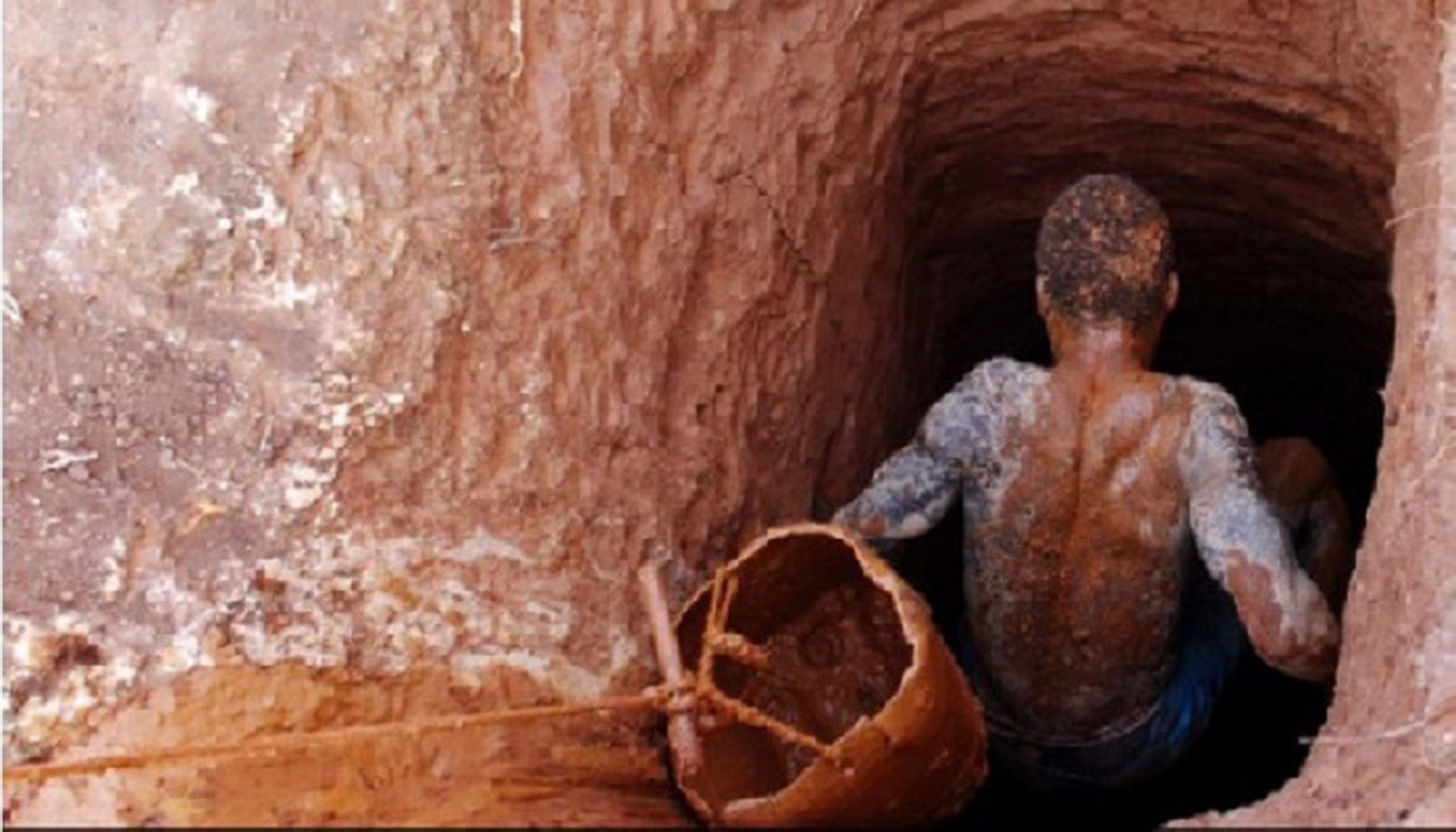
What is Galamsey? Understanding the Definition and Impact of Illegal Mining in Ghana
Meta Description: Discover the true meaning of galamsey, a term for illegal mining in Ghana. Explore its history, environmental impacts, and government regulations aimed at combating this practice.
Highlights:
- Galamsey definition
- Impact of galamsey
What is Galamsey? Understanding the Definition and Impact of Illegal Mining in Ghana
Introduction
Galamsey, a term widely used in Ghana, refers to the practice of illegal small-scale mining, primarily focused on gold extraction. The word is derived from the phrase “gather them and sell,” highlighting the informal nature of the activity. Despite the economic benefits galamsey offers to some individuals, it has far-reaching consequences for the environment, local communities, and the country’s regulatory framework. This expository essay will define the term galamsey, explore its origins, and delve into the broader implications of illegal mining in Ghana.
Definition and Origin of Galamsey
The word “galamsey” originated from the local Ghanaian Pidgin English, which blends elements of English with indigenous languages. It simplifies the phrase "gather them and sell," which describes the primary goal of small-scale miners involved in this activity—collecting gold or other minerals and selling them in unregulated markets. These operations often lack official mining licenses, meaning they operate outside the legal frameworks established by the Ghanaian government.
Though galamsey is often linked with artisanal mining by small groups, its implications extend far beyond small-scale activity. It is not only illegal but also unregulated, posing significant challenges to both the environment and national resources. While the practice is prevalent across many gold-rich regions in Ghana, it often coexists with larger, licensed mining operations, creating a complex socio-economic dynamic.
Environmental and Societal Impact
The environmental degradation caused by galamsey is one of its most critical and visible effects. Many illegal miners work near rivers and water bodies, using harmful chemicals such as mercury to extract gold. This has led to the contamination of vital water sources, posing severe risks to human health and local ecosystems. Deforestation, soil erosion, and the destruction of agricultural land are other adverse consequences, as miners clear large tracts of land for their activities without proper land reclamation practices.
In addition to environmental concerns, galamsey has also been associated with socio-economic challenges. Illegal mining often thrives in areas with high poverty rates, where local residents see it as a quick way to earn income. However, it is also linked to child labor, unsafe working conditions, and conflicts between communities and miners. Moreover, the informal nature of these operations means that the government loses significant revenue in taxes and royalties, hindering national economic development.
Government Regulations and Actions
Recognizing the negative impact of galamsey, the Ghanaian government has implemented several measures to curb the practice. Over the past decade, various administrations have launched initiatives aimed at controlling illegal mining, including task forces to arrest illegal miners, confiscate equipment, and restore degraded land.
In 2017, the government imposed a temporary ban on small-scale mining in an attempt to combat galamsey, allowing for stricter regulations to be enforced. Though this move was intended to give authorities time to regulate the sector and protect the environment, it also brought controversy. Many small-scale miners, who are involved in legal operations, felt targeted by the ban, leading to tensions between the government and local communities.
In more recent years, the government has intensified efforts to license artisanal miners, encouraging them to adhere to sustainable practices. Additionally, technological innovations, such as drones and satellite monitoring, have been introduced to track illegal mining activities more effectively.
Conclusion
Galamsey is not just an illegal economic activity; it is a deeply rooted issue with far-reaching consequences for the environment, society, and the economy. While the immediate allure of financial gain may tempt individuals to participate, the long-term costs to Ghana's ecological and social fabric are significant. As the government continues to tackle galamsey through regulation and community engagement, the challenge remains in balancing the livelihoods of local miners with the need to protect the nation’s natural resources.
For Ghana to fully address the problem, a multi-faceted approach that includes education, regulation, and sustainable mining practices is essential. Only then can the country hope to eliminate the negative effects of illegal mining while promoting responsible resource management for future generations.
Keywords: galamsey, illegal mining, Ghana mining, environmental degradation, illegal gold mining, galamsey definition, mining in Ghana, small-scale mining, Ghana illegal mining, galamsey regulations.

